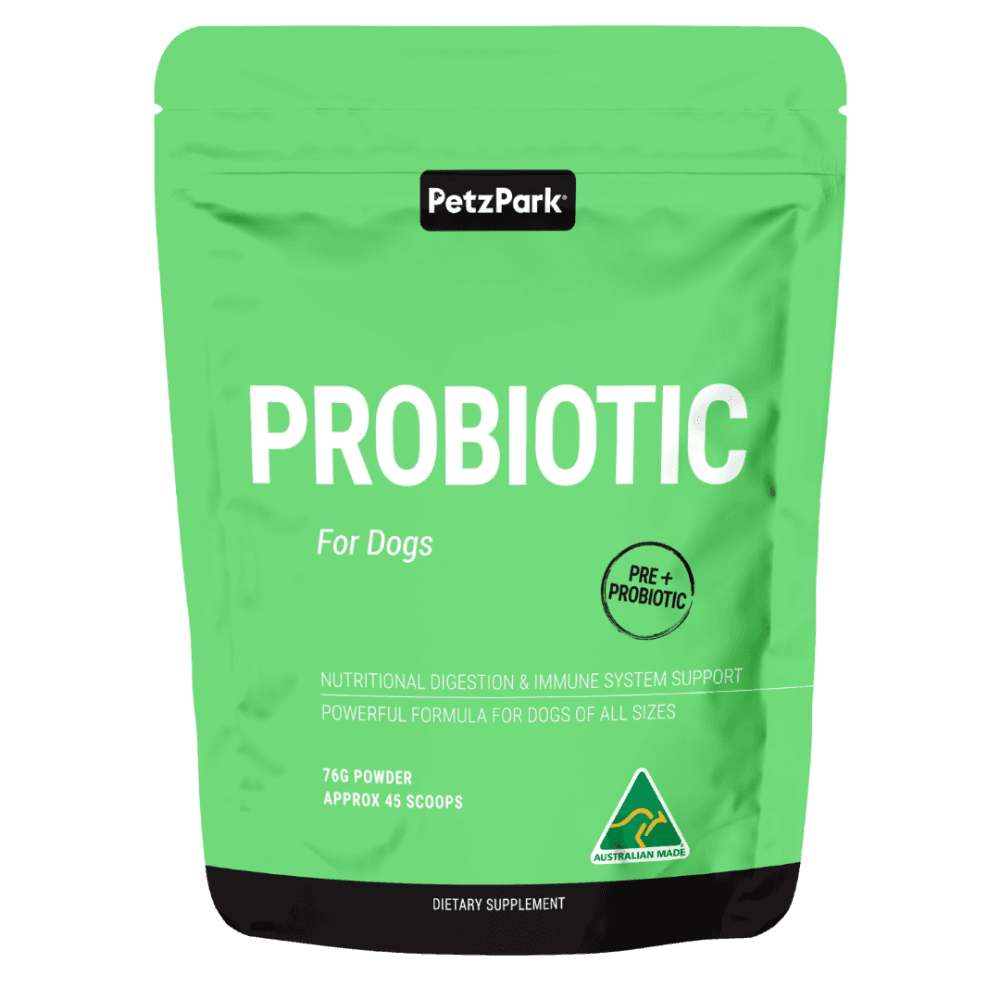Constipation
1 - 2 out of 2 products
$30.59
Was $33.99
Save 10%
$24.99
Showing2 of 2 item
Vet Articles
Looking for a joint supplement for your dog? Read our Vet's top picks in each category!
Our comprehensive vet guide details how to keep your dog's teeth healthy, including daily brushing, dental chews, and specialised diets.
Is your dog itching nonstop? Discover causes & remedies for sensitive skin in our latest article!
Could your dog benefit from a probiotic? Read our vet authored guide to learn more.
Separation anxiety is becoming a common problem in dogs. Read for solution and causes.
Read more from our vet team about common Yeast Infection causes and treatments
Popular Related Searches
- Dog Food
- Dog Health and Supplements
- Dog Flea, Tick & Worming
- Dog Treats
- Cat Litter
- Cat Food
- Cat Flea, Tick & Worming
- Cat Treats
- Horse Supplements
- Horse Feed
- Horse Wormers
- Fish Food
- Aquarium Water Care
- Fish Tanks and Aquariums
- Chicken Feed
- Chicken Feeders
- Bird Food
- Bird Perches and Toys
- Rabbit Food
- Guinea Pig Food
- Small Pet Litter
- Reptile Food
- Reptile Tanks and Terrariums
- Reptile Heating and Lighting

